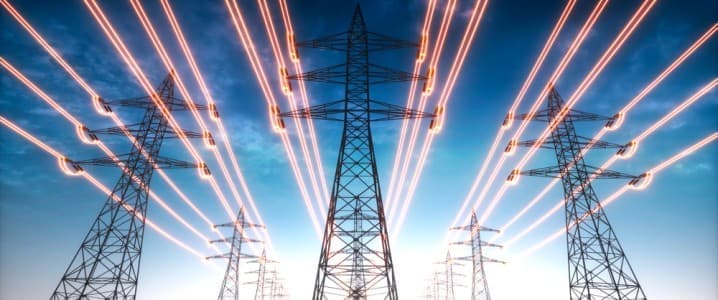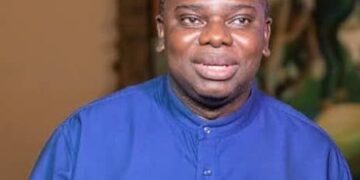South Africa looks to create office to auction grid transmission projects
The government-owned Development Bank of Southern Africa (DBSA) is in talks with South African ministries to set up an office to manage auctions of power transmission projects, a bank executive told Bloomberg in an interview published on Friday.
The bank is discussing with government departments the setting up of the office that is expected to bring private funding to link up renewable energy sources to the transmission grid. This “needs to be signed off by the different parties within government,” Michael Hillary, the DBSA’s group executive for financing operations, told Bloomberg.
The DBSA is a government-owned development finance institution, established in 1983, with the mandate to promote economic growth and regional integration for sustainable development projects and programs across the African continent.
The bank has previously created the Independent Power Producer Office, which it handed over to South Africa’s Department of Mineral Resources and Energy. The Independent Power Producer Office has helped the development of utility-scale wind and solar power projects across South Africa.
Eskom, the state-owned utility of South Africa, is currently holding talks with the government on ways to attract public and private financing of the equivalent of $21 billion for a major expansion of the power grid to accommodate an expected rise in renewable energy, the company told Bloomberg last month.
Eskom has estimated that it needs $21 billion (390 billion South African rand) to fund its plan to build nearly 9,000 miles of new power lines over the next decade, which would be more than triple the miles of transmission lines it has installed in the past decade.
Currently, coal is the major energy source for South Africa, accounting for around 80 percent of the country’s energy mix. The country is also the world’s fifth-largest coal exporter.
Eskom plans to operate some coal-fired power plants for longer than initially envisaged to avoid making an already vulnerable grid more unreliable, the company’s CEO Dan Marokane said earlier this week.










